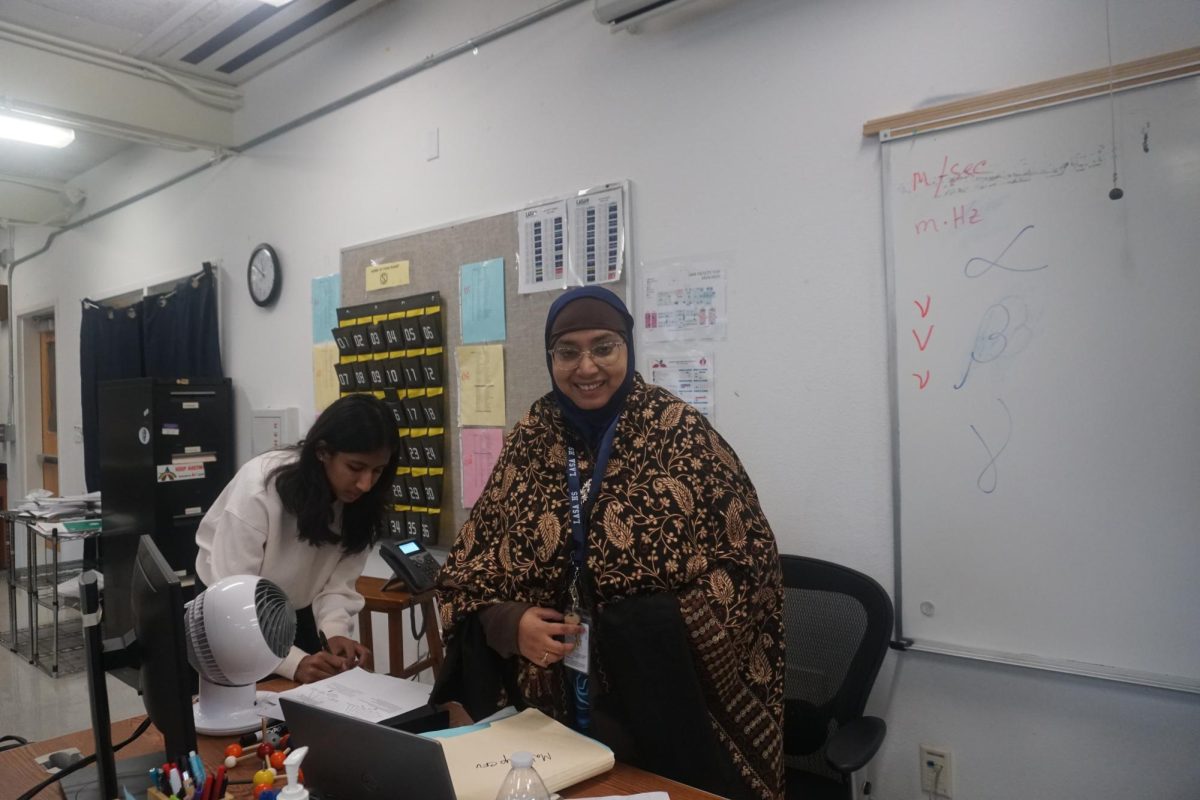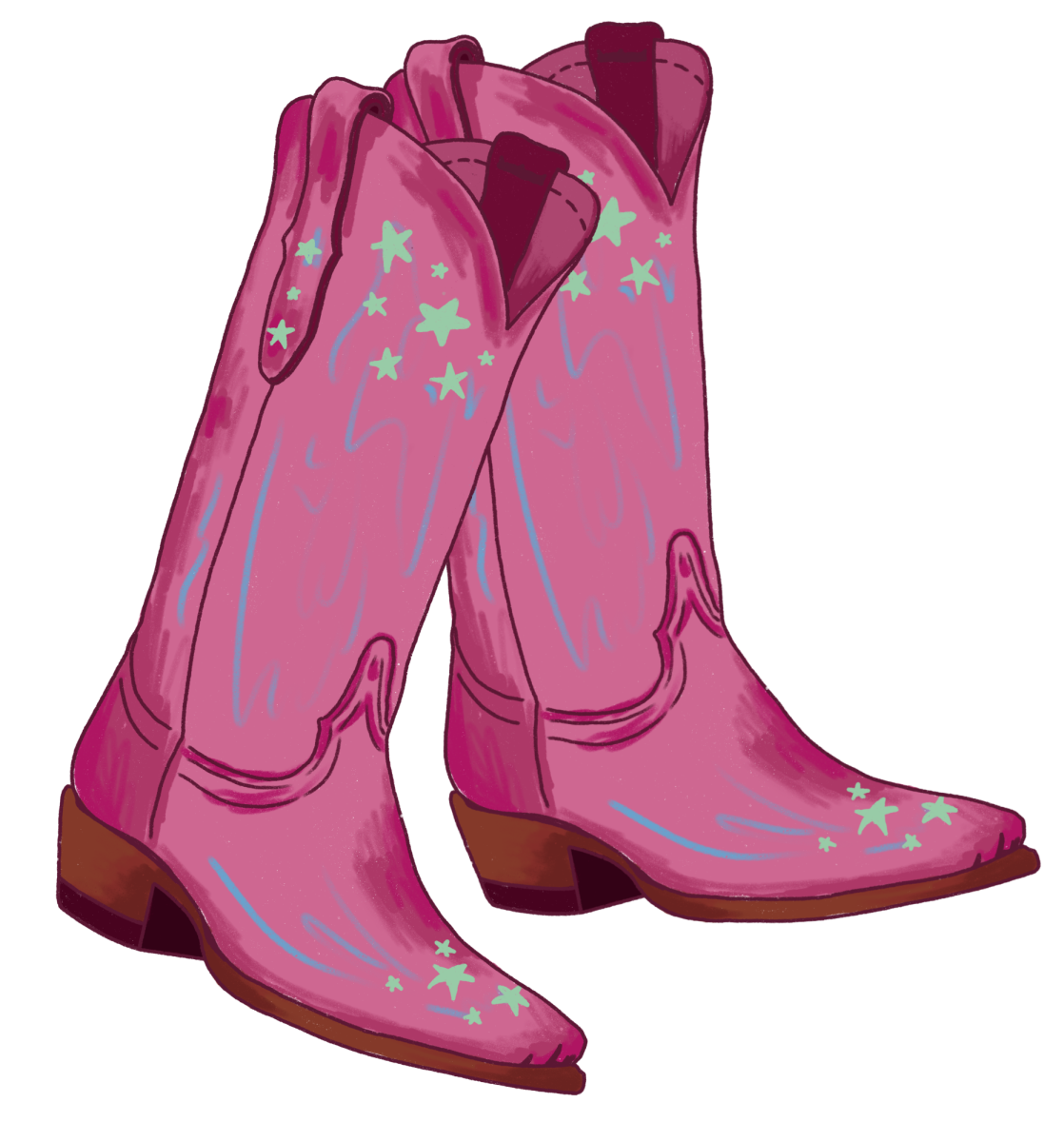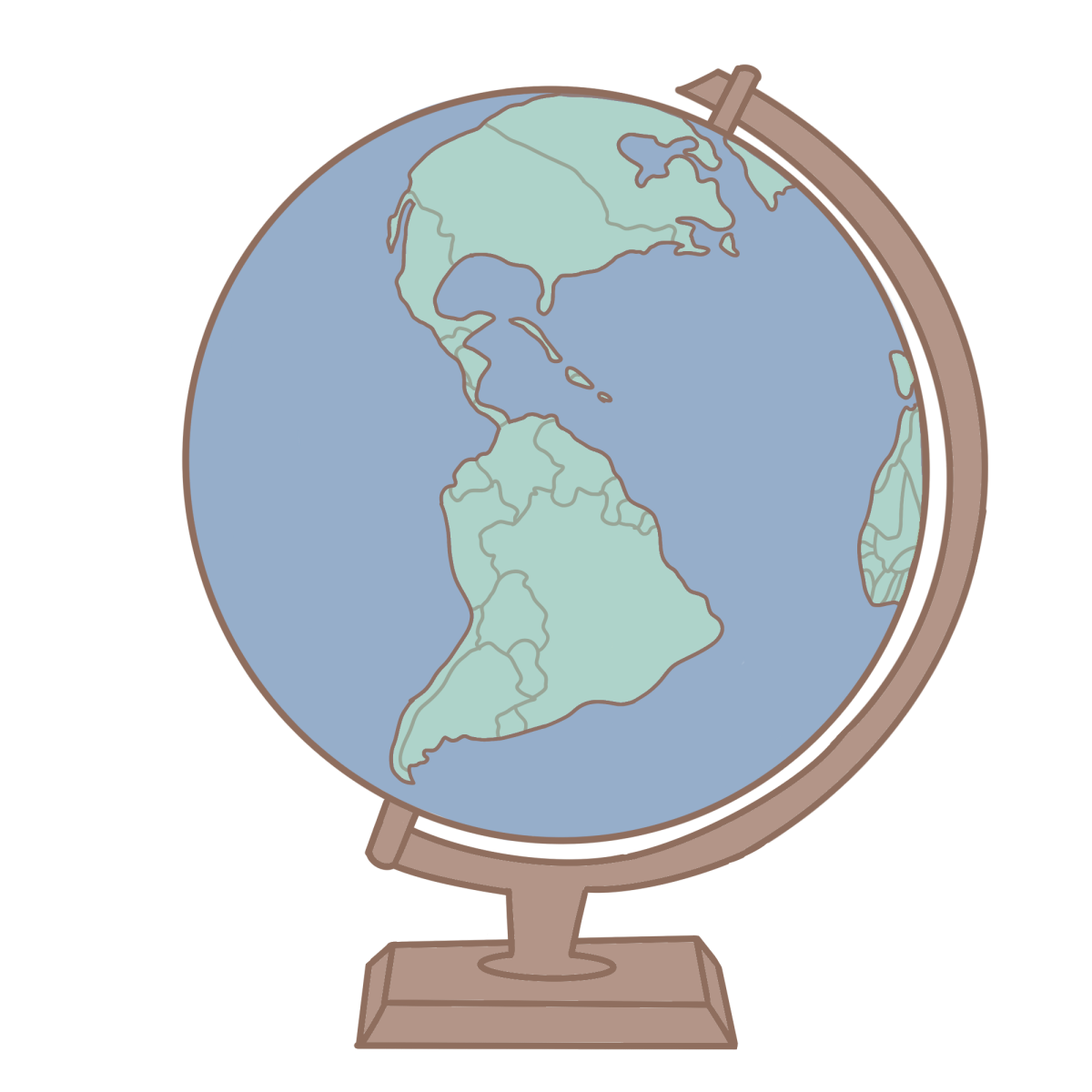Throughout the 2023-2024 academic school year there has been an increase in websites and images banned by the Austin Independent School District (AISD), not only for students but also for teachers and administrators. This has caused disruptions in classrooms by preventing students from accessing websites or videos teachers included in their curriculum, leading teachers to spend a large amount of time creating alternative lesson plans.
Jessica Cherry, the sophomore LASA Assistant Principal, stated that these interferences have caused teachers across the school and the district to lose many of their teaching tools, primarily educational videos and websites like Tinkercad. This has forced them to recreate lesson plans to accommodate for the changes, taking up much more time and setting their classes back. Chloe Cardinale, one of the Great Ideas teachers at LASA, previously used a different website to manage her coursework. Since the website was blocked, she had to move all of the resources to Blend.
“The frustration for some of those teachers is that ‘I put hours of work into this and now it’s gone’,” Cherry said. “You just feel like you’ve been robbed of your time and your effort and it just again makes you feel frustrated.”
Cardinale finds it irritating when students are given homework assignments such as reading an article online, only to discover that the article has been banned, stopping students from completing their homework and learning. In order to combat these changes, Cardinale spends extra time making sure students can access these assignments by double checking if it is blocked, and if it is, creating Google Docs of the content instead.
“We’ve never gotten direct communication about what it is that they ban or what the standard is based off of,” Cardinale said. “It’s different stuff all the time and they don’t ever give us any notice.”
According to Cherry, there is a warning that administrators get before things get tighter on district computers and Wi-Fi. This is just a warning, though, and there is no information given about what information or sites will be restricted.
“I’m hearing more from teachers,” Cherry said. “It kind of feels like you’re being micromanaged when all of a sudden you’re not allowed to choose what sites you’re using as a teacher.”
Cardinale mentioned that in the past, there have been other points when AISD has banned websites that teachers would use, like YouTube. This disrupted a lot of learning as teachers had no alternative methods to find similar educational videos.
“I don’t know that there’s practical reasoning or rationale as to what they specifically censor,” Cardinale said. “There doesn’t seem to be any consistency that I can glean, so it’s confusing.”
Sophomore Lina Morris believes that the recent banning disrupts learning and classwork by not allowing her to view websites that would help her to complete assignments. Although understanding the fundamental reason why AISD blocks websites, to prevent students from accessing inappropriate sites and information, Morris also mentioned that many of the blocked websites seem to follow protocol and are blocked randomly.
“I understand why they’re blocked,” Morris said. “But also at the same time, it can be kind of annoying and pointless.”

When students have to work around these blocks, Morris explained that it takes time away from working on assignments. Morris believes that this causes distraction in classrooms and wastes time.
“There was just a website about search commands and it was blocked,” Morris said. “I had to look something else up and I don’t know, spend like a minute doing something else that I could have been doing my work.”
Although there are many downsides, Morris believes that there are some positives to AISD banning the websites. Some of these include ad blocking and preventing harmful or distracting websites from reaching students.
“Restricting some things does keep things safe,” Morris said. “I also like that they ban ads on some browsers.”
Cardinale and Morris are surprised that many online games aren’t blocked, but instead, the articles and videos teachers use are. Even though AISD has banned many websites and images, Cardinale stated that she is in support of censoring some information due to the fact that it could be damaging to kids. However, she also believes that AISD should be able to trust teachers.
“Teachers are professionals and we should be able to make those decisions,” Cardinale said. “They should trust us to know what to show y’all.”








